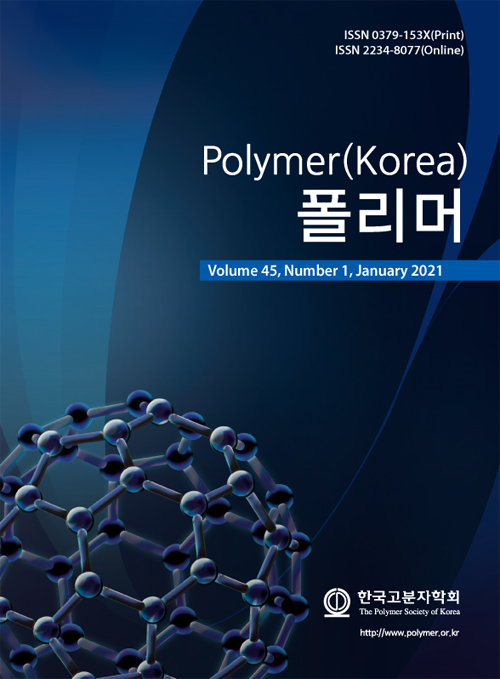Hydrogels have potential in many biomedical applications, such as tissue engineering and drug delivery system, mainly because they have similar physical properties and high water content to soft tissues. In this study, we developed novel PEGylated hybrid hydrogels by a combination of methacrylated hyaluronic acid (MeHA) or n-isopropylacrylamide (NIPAM) with PEG-based hydrogels. We synthesized the hybrid hydrogels by free radical polymerization via UV irradiation or mild chemical crosslinking and their physicochemical properties such as swelling ratios, degradation profiles were evaluated. The data indicate that their physicochemical properties can be tunable depending on the types of PEG-based macromers and the amount of PEG macromers. In addition, their biocompatibility was also examined using zebra-fish, which was one of the widely investigated model of animals. The initial behavioral data suggest that the PEGylated hydrogels are biocompatible with tunable physicochemical properties, thus these novel PEGylated hybrid hydrogels may be useful as tissue engineering scaffold or drug delivery system.
하이드로젤은 연조직과 유사한 물리적 특성 및 높은 수분함량을 가지고 있기 때문에 조직 공학 및 약물 전달 시스템과 같은 의료용 분야에서 잠재력을 가지고 있다. 본 연구에서는 methacrylated 히알루론산(MeHA) 또는 n-isopropylacrylamide(NIPAM)와 PEG 기반 하이드로젤을 조합하여 새로운 페길레이티드 하이브리드 하이드로젤을 개발하였다. UV 경화 또는 약한 화학적 가교를 통해 자유 라디칼 중합에 의해 하이브리드 하이드로젤을 합성하고 팽윤율, 분해속도와 같은 물리 화학적 특성을 평가하였다. 데이터는 PEG 기반 고분자의 유형과 PEG 고분자 양에 따라 하이브리드 하이드로젤의 물리 화학적 특성을 조절할 수 있음을 나타내었다. 또한 널리 알려진 모델 동물 중 하나인 zebrafish를 사용하여 합성한 하이드로젤의 생체 적합성도 평가하였다. 초기 독성 데이터는 페길레이티드 하이브리드 하이드로젤이 실험동물의 생체 적합성을 나타내는 것을 알 수 있었고 결과적으로 본 연구에서 합성한 하이브리드 하이드로젤은 조직 공학 지지체 또는 약물 전달 시스템으로 유용하게 사용될 수 있으리라고 사료된다.
Keywords: PEGylation, hybrid hydrogels, hyaluronic acid, biocompatibility, biodegradability
- Polymer(Korea) 폴리머
- Frequency : Bimonthly(odd)
ISSN 0379-153X(Print)
ISSN 2234-8077(Online)
Abbr. Polym. Korea - 2023 Impact Factor : 0.4
- Indexed in SCIE
 This Article
This Article
-
2021; 45(1): 171-177
Published online Jan 25, 2021
- 10.7317/pk.2021.45.1.171
- Received on Nov 10, 2020
- Revised on Dec 2, 2020
- Accepted on Dec 4, 2020
 Correspondence to
Correspondence to
- Jinku Kim
-
Department of Bio and Chemical Engineering, Hongik University, Sejong 30016, Korea
- E-mail: jinkukim@hongik.ac.kr










 Copyright(c) The Polymer Society of Korea. All right reserved.
Copyright(c) The Polymer Society of Korea. All right reserved.